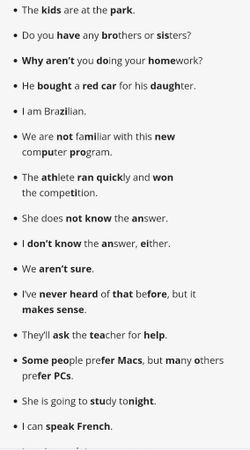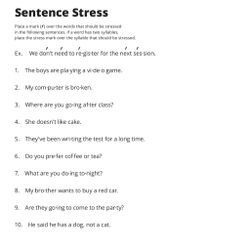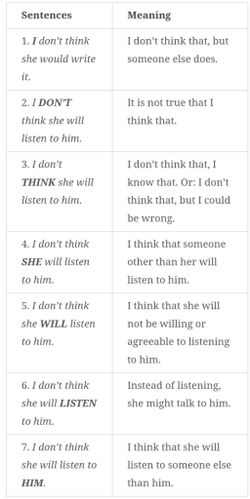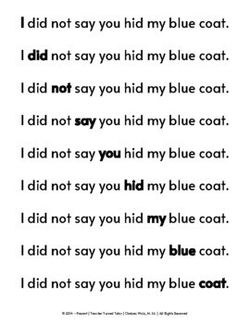Oct 27, 2023
Word and Sentence Stress
Sentence stress occurs when we say certain words more loudly and with more emphasis than others. In English, we stress content words because they are essential to the meaning of the sentence. In general, shorter words or words that are clear from the context don’t get stressed.
Speakers of English stress key words in sentences. These are known as content words as they carry the meaning of the sentence. They are usually nouns, main verbs, adjectives and adverbs. Speakers do not stress function words. Function words are necessary for the grammar of the sentence but do not carry meaning. They are usually auxiliary verbs, prepositions, articles and pronouns.
Content words include nouns, verbs, adjectives, and adverbs. Negative words such as not or never also get stressed because they affect the meaning of the sentence. Modals, too, can change the meaning of a sentence. Here is a list of words to stress in an English sentence:
nouns (people, places, things)
verbs (actions, states)
adjectives (words that modify nouns)
adverbs (words that modify verbs, adjectives, other adverbs, or entire sentences)
negative words (not, never, neither, etc.)
modals (should, could, might, etc., but not will or can)
yes, no, and auxiliary verbs in short answers (e.g., Yes, she does.)
quantifiers (some, many, no, all, one, two, three, etc.)
Wh-Question words (what, where, when, why, how, etc.—note that what is often unstressed when speaking quickly because it’s so common)
Look at the following sentence. What are the content words?
I went to Japan with my sister.
In this sentence, the content words are: went, Japan and sister.
In English, speakers may decide to stress a certain content word or words within a sentence to express a clear message and this is known as sentence stress. Let’s see how sentence stress can change the meaning of what you say.
Look at the following sentence and listen to three different versions with three different stressed words:
Australian television doesn’t report much on international events.
In this case, the word ‘Australian’ has been stressed, and by this the speaker is emphasising that he/she is speaking about television specifically from Australia, not from a different country.
Australian television doesn’t report much on international events.
In this sentence, the speaker is stressing the word ‘television’, to clarify that he/she is not referring to radio or any other type of media.
Australian television doesn’t report much on international events.
Here, the word ‘international’ has been stressed. The speaker’s intention is to show that he/she is not referring to regional or local events, but international.




By undefined
9 notes ・ 101 views
English
Upper Intermediate